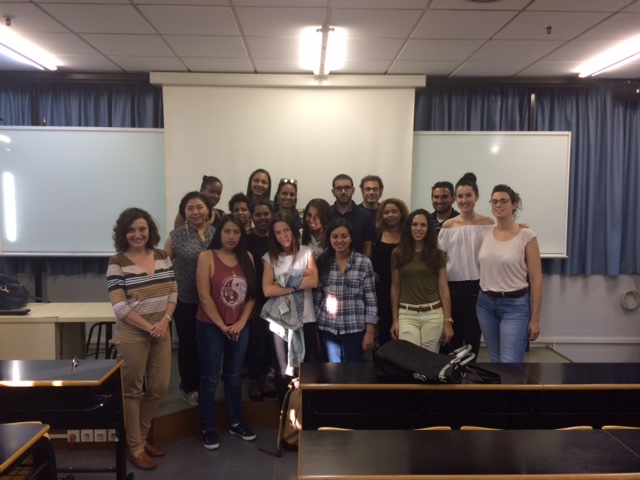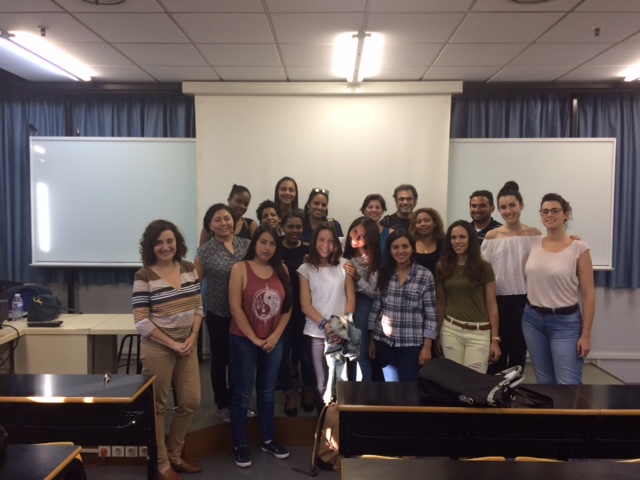
The cases of newborns with microcephaly has massively increased in the last year in Brazil, which has declared a health emergency and suspect the correlation between the disease with the Zika virus .
11 january 2016
In 2015, a total of 739 babies were born with microcephaly in Brazil. The Brazilian Ministry of Health has stated the health emergency for the massive birth of babies with the peripheral part of the brain smaller than usual. The suspicions of the health authorities point that this phenomenon is due to the infection of the mothers with the virus zika transmitted by the mosquito Aedes aegypti as we told in the prior post.
The Brazilian Ministry of Health established for the first time the relationship between the virus and the microcephaly on December in a release where they announced the alarm and consternation regarding the epidemic. “This is an unprecedented situation in the world scientific research”, according to Ministry sources.
The epidemic has affected until now nine states in the northern Brazil region, mainly the state of Pernambuco, which has declared the emergency situation having passed from 268 babies to 487 with the disease in just one week.
What is microcephaly?
Microcephaly is an error in the foetus brain formation which is not properly developed. The babies with this condition are born with a cephalic perimeter less than 33 centimetres, being the normal size for a nine-month gestation baby between 34 and 37 centimetres. Apart from entailing death risk, it can cause serious consequences for the babies that survive, such as psychomotor difficulties (when walking and talking) and cognitive difficulties (mental retardation). This makes that the patients need the attention of a neurologist all their live, according to the doctor of the Hospital Oswaldo Cruz (Recife), María Ángela Rocha.
Zika virus and microcephaly
The past month of December in a press conference, the Minister of Health, Marcelo Castro, confirmed that there is a positive correlation between the zika virus and the cases of microcephaly. “It is the first case in the world and, due to this unprecedented situation, we do not have data from other countries that may guide us.” In Latin America, Colombia has reported at least 400 cases of zika. Mexico also has at least one case of the disease.
Experts such as the paediatrician from the Scientific Department of Infectious Diseases of the Paediatrics Brazil Society, Marco Aurélio Safadi, emphasise that there is no vaccine, treatment or intervention and that because of this it is recommended to avoid the pregnancies, specially in the affected areas.
The difficulty of establishing a direct relation between the contagion by the virus and the cases of this disease happens due to the zika infection occurs in the first three gestation months, period where there is a bigger risk of causing the error in the congenital formation.











